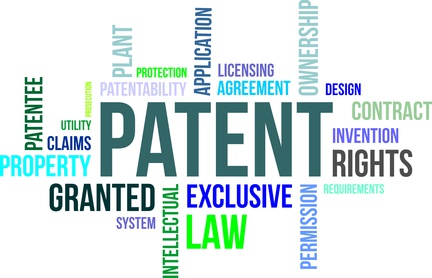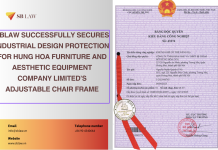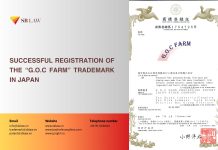Computer technology penetrates nearly all areas of our life, not only in business environments but also in daily surroundings. But a computer cannot operate without instructions. These instructions, so-called computer programs or software, may be incorporated in the computer or any other apparatus, but are often stored, reproduced and distributed on portable media such as CD-ROMs or transmitted on-line.
Once created, it is often possible to reproduce software easily at very low cost, and in unlimited quantities. Although copyright protection is available for “literal expressions” of software, it does not protect the “concept” behind the software, which often is a core part of its commercial value. Since such concepts frequently fulfil technical functions, such as controlling machines or processing data, the patent system is often available to protect software-related inventions that involve such technical functions.
Generally, several approaches have been taken in protecting software by means of patents. While some countries grant patents for all types of software, computer programs are expressly excluded from patentable subject matter in many countries. However, in many of those latter countries, computer programs are only not patentable “as such” thus making it possible to obtain patent protection for computer program-related inventions with a technical character. As justification for excluding software from patent protection, it is often said that innovation in this field typically involves cumulative, sequential development and re-use of others’ work, and that the need to preserve interoperability between programs, systems, and network components does not fit with the mechanisms of the patent system because the range of options available to the second-comer may be constrained. On the other hand, some argue that patent protection of computer software is necessary in order to provide adequate incentive for investment in this field and to support innovation in various technological areas, which are increasingly developing hand-in-hand with computer technology.
Business methods
In recent years, another similar issue has arisen: namely the question of the patentability of business methods. Traditionally, business methods have been either in the public domain or protected under trade secret law. Today, however, information technology offers possibilities for new business models, using information technology as a tool for processing and transmitting various data, such as technical, commercial and financial data. Due to the high economic stakes associated with such new business methods and the expansion of e-commerce in our society, the debate on the feasibility of patenting business methods has continued at various fora.
Source: http://www.wipo.int/patents/en/topics/computer_programs.html















